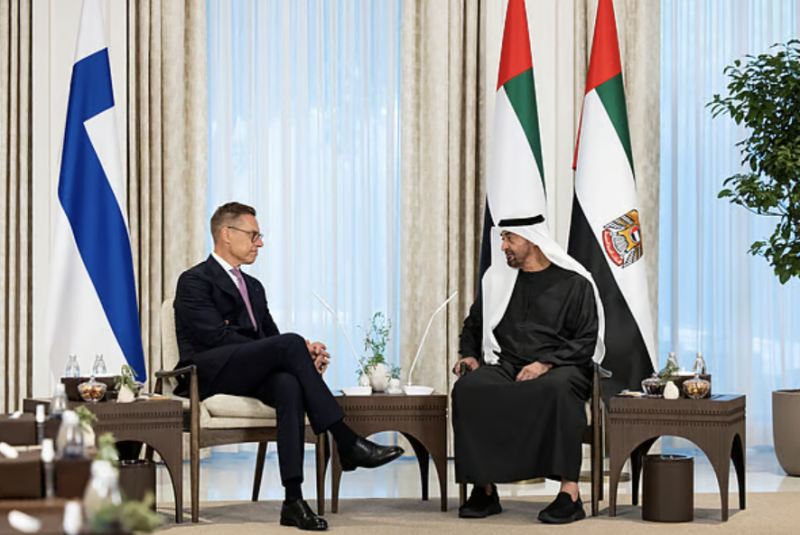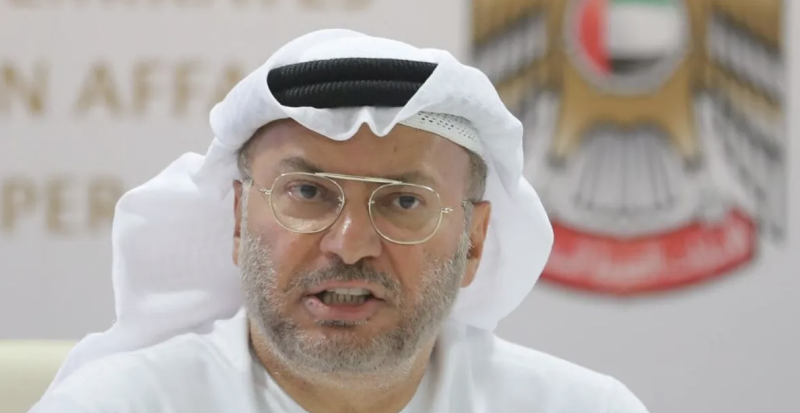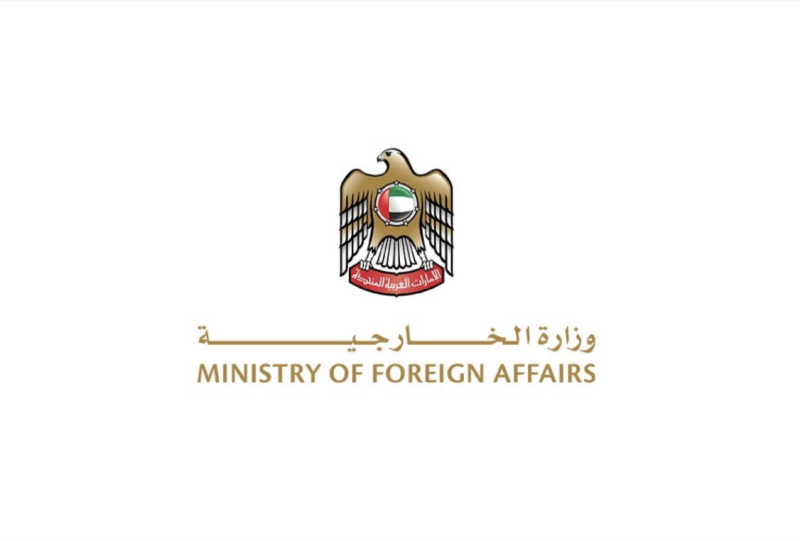UAE and Saudi Arabia most active in GCC in climate change mitigation, report says


The UAE, Saudi Arabia and Qatar have been most active in the Gulf Co-operation Counci region in adopting measures aimed at mitigating climate change, despite their reliance on oil and gas exports, a report has said.
The Emirates, the Arab world’s second-largest economy, was ranked first in sectors such as sustainable infrastructure and transport, energy transition and environmental ecosystem, on the Middle East and Africa Environmental Sustainability scorecard, commissioned by Kuwait’s Agility and compiled by Geneva-based Horizon Group.
Qatar, one of the world's largest natural gas exporters, took the top position for green investment, innovation and technology as well as governance and reporting.
Saudi Arabia, the largest economy in the Arab world, secured a top-five position in five out of six crucial sectors outlined in the index.
The index examined the performance of 17 countries in areas such as environmental sustainability outcomes, government policies, and corporate practices.
While the report included countries that are relative "late comers" to global sustainable development, these nations are also rapidly "stepping-up" their efforts in implementing sustainability strategies, programmes, and investments, it said.
“As a supply chain operator and investor in the Middle East and Africa, we want to know what governments and businesses are prioritising, and where they’re putting resources in the climate change battle,” said Tarek Sultan, vice chairman of Agility, one of the largest logistics companies in the Mena region.
“We want to know who we can partner with in green infrastructure and transport, alternative fuels, and supply chain services that reduce environmental impact without sacrificing performance."
Bahrain came third in circularity, a measure of resource-use efficiency and waste management, with Oman coming in at sixth in the same category.
Kuwait was fifth best in environmental ecosystems, which examines air, soil and water pollution, along with conservation and biodiversity.
GCC countries have been investing heavily in renewable energy and sustainable development in a bid to diversify away from hydrocarbon exports.
The UAE, the first country in the Mena region to announce a target of net zero by 2050, has been funding clean energy projects, including solar, wind and nuclear, as it cuts down on the use of natural gas for electricity production.
On Thursday, Abu Dhabi inaugurated the two-gigawatt Al Dhafra solar power plant, one of the world's largest solar projects, which is expected to power 200,000 homes and reduce the capital emirate's carbon dioxide emissions by more than 2.4 million tonnes a year.
The project was developed by Abu Dhabi National Energy Company, better known as Taqa, in partnership with clean energy company Masdar, France’s EDF Renewables and China's JinkoPower.
The UAE is also developing the five-gigawatt Mohammed bin Rashid Solar Park in Dubai, which will cut 6.5 million tonnes of carbon emissions annually when it is fully completed in 2030.
Meanwhile, Saudi Arabia, Opec’s top oil producer and the world’s biggest crude exporter, has set ambitious targets to tackle climate change and cut carbon emissions to overhaul its economy and reduce its reliance on oil.
The kingdom, which plans to achieve net-zero carbon emissions by 2060, is focusing heavily on building its domestic electric vehicle market to support the transition and develop its local manufacturing sector as part of its Vision 2030 strategy.
The World Bank expects combined GCC economic output to be $6 trillion by 2050, but said that embracing a strategic “green growth approach” to economic diversification could potentially elevate that figure to more than $13 trillion.
The latest report found that 97 per cent of the companies in the Middle East and Africa had been affected by climate change, with nearly half noting "severe damage" or a "significant and growing" impact on their operations.
“When it comes to climate action, governments are outpacing the private sector in both the Middle East and Africa", it said.
Meanwhile, countries are prioritising sustainability differently based on income, economic strengths, energy reliance, and other factors.
High-income, energy-producing Gulf countries generally invest more in sustainable infrastructure and ecosystems, while African economies have been better at energy conservation and consumption, the report found.
Green investments – funds typically channeled into sustainability or renewable energy projects – have been dominated by the UAE, Qatar, Morocco and Saudi Arabia, the report said.
On the other hand, African countries such as Uganda, Nigeria, Rwanda, Kenya and South Africa, have been focusing more on green transport.
South Africa, which may overtake Nigeria as Africa’s largest economy next year, has a net-zero target for 2050 and plans to become a large producer and exporter of green hydrogen and its derivatives.

AbuDhabi -- UAE President Sheikh Mohamed bin Zayed Al Nahyan welcomed Finnish President Alexander Stubb in Abu Dhabi during an official visit that…

AbuDhabi -- Anwar Gargash, the diplomatic adviser to the United Arab Emirates’ president, said on Tuesday the UAE welcomed US efforts to end…

AbuDhabi — "Once more, General Burhan refuses peace overtures. In his rejection of the US Peace Plan for Sudan, and his repeated refusal to a…